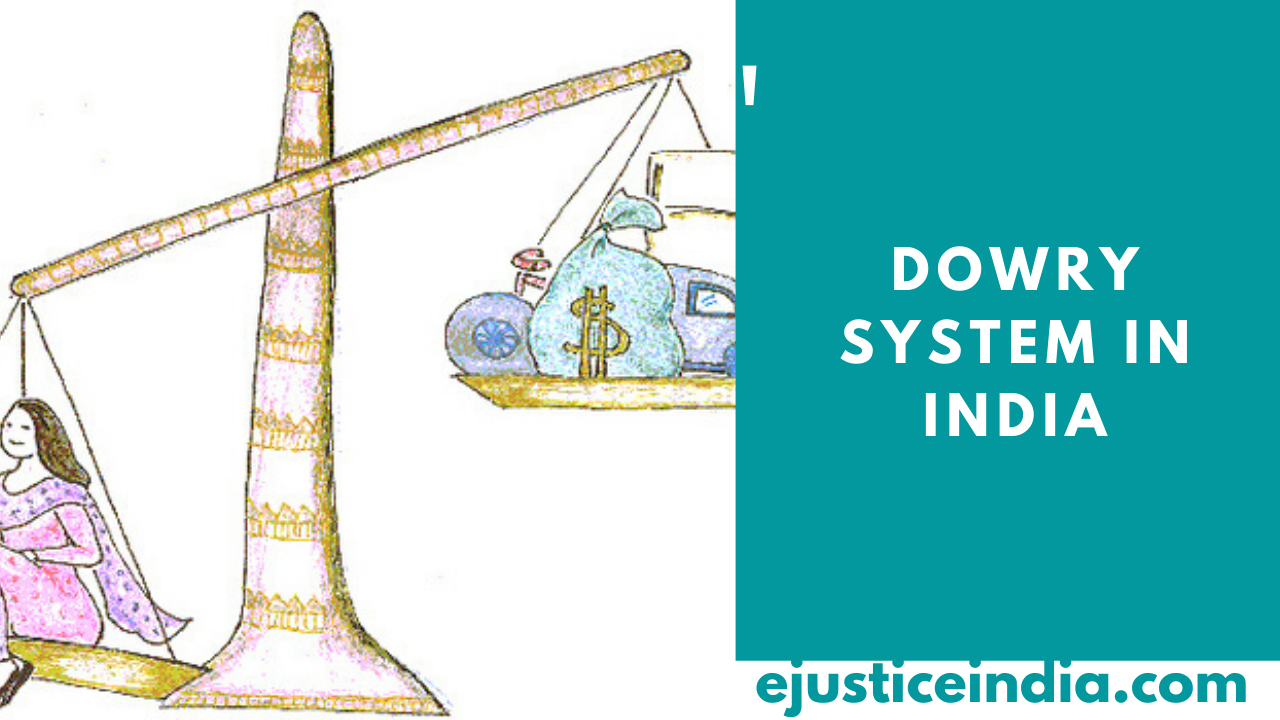TOPIC: CHANGES IN LABOUR LAWS DURING COVID-19
Author :- Yash Yadav
INTRODUCTION:
On March 24, 2020, the Prime Minister of India, Mr. Narendra Modi announced a nationwide lockdown all over India. Such drastic measures were taken by the government as a precautionary measure to prevent the speedy widespread of COVID-19 on a large scale within India . This lockdown caused the Economic shutdown all over the country due to which all the economic related activities were closed and the group which were impacted was Migrant Workers. As migrants are the one who shift from rural areas like villages to the urban areas like cities which means Migrant workers then migrated to the states. These migrant workers were from both the organized and unorganized sectors. Most migrant workers have a daily wage who worked at construction sites, domestic workers, etc. which means they depended on a source of daily income for their daily survival. As the economy struggles with lockdown and thousands of companies and workers look to an uncertain future, some state governments decided in previous month may to make significant changes to the application of labour laws in India. If we look into the states, most significant changes were announced by government of Uttar Pradesh, Madhya Pradesh on a large scale measure as well as Odisha, but despite being small in space, made some changes. Uttar Pradesh, the most populous state, has made bold changes as it has briefly postponed the application of almost all the labour laws of the state for the upcoming next three years. If we look into the labour laws in India, there is approximately more than 200 state laws and 50 central laws within the territory of India but yet there is no such specific definite definition of “labour law” in India.
Indian labour laws have always been criticized and classified as “inflexible”. In other words, it has been pointed out and argued that due to heavy legal requirements in India, Most of the companies which employes more than 100 workers do not hire new workers, as firing them requires a sort of government approval. Others have also pointed out that there are too many laws which would be considered as unnecessarily complicated, and not effectively enforced in the country. This has laid the foundation for corruption and rent seeking. Inevitably, if labour laws in India are more or less followed, companies will be able to expand and contract based on market conditions, and which would result in helping 90% of India’s workers as part of the informal economy.
MAJOR LABOUR LAWS IN INDIA
There are various laws and provisions in India regulating labour/migrant in the country as this ongoing pandemic has triggered global economic crisis as well as keeping in mind public health safety and these laws are being recently amended by Various state in India with a view point of increasing the production in the country because due to the lockdown, GDP growth significantly decreased and economy is struggling with the impact of this lockdown and thousands of Small scale Industries is being struggling to survive, various states governments like Madhya Pradesh and Uttar Pradesh has made significant changes in the applicability of the labour laws.
Some of the Major Indian Labour Legislation are:-
There is total 3 list in the Indian constitution are Union list, State list and Concurrent list and the Labour one falls under the category of Concurrent List where the laws are being made by both the centre and the state.
There are various laws regarding the labour laws but here the important laws will be discussed and the laws in which the changes is being made looking the situation in pandemic.
- Factories act 1948: This is an Very important act which was passed regarding Factories and regulating the employment given to the workers. The main objective of this factory act was to ensure safety measures on the factory premises regarding working hours which is that no worker should be allowed to work more than 48 hours, Health i.e. every factory should be kept clean, safety i.e. the machinery should be fenced and regularly maintained and promoting the welfare of the workers.
- The Minimum Wages Act 1948: Under this act, it sets the minimum amount of wages that should be paid to skilled and unskilled labours based on certain criteria like time rate, piece rate as well as in overtime rate and this act is kept untouched and should be followed as this is kept as exception in the changes made by the Uttar Pradesh Government
- Industrial Disputes Act. 1947: This act was implemented to resolve the dispute within the industry as if there is any dispute between the workmen and employers or if it is between the workmen and workmen, so it main aim to investigate and settlement of industrial disputes. It also deals with the terms of service of the industry such as layoff or closure of industrial enterprises.
CHANGES IN LABOUR LAWS DURING COVID-19
The spread of coronavirus led to crisis in India which forced some states like UP and MP to ease some labour laws for a particular time period with a point of view of giving more returns to the economy and attract more investments and FDI from the foreign countries to invest in India due to the relaxations in the labour laws to increase the production in the domestic country. After Madhya Pradesh CM announced relaxation in his labour laws, subsequently Uttar Pradesh government has made significant amendments in his labour laws within UP. If we look into the recent move taken by the UP government has exempted various industries from the constraints of almost all labour laws for the upcoming next three years. The Laws which are relaxed deals with industrial disputes, occupational safety of workers, health and working conditions of workers and settlements related to trade unions, contract workers and migrant workers but however they are some exceptions which would not be affected:
- The Building and Construction Workers Act in the year 1996
- The Workers Compensation Act, 1923
- The Bonded Labour System Act, 1976
- sections of the Wages Payment Act, 13636 (right to receive timely wages)
These above mentioned labour laws will remain intact for both existing businesses and new factories to be set up in the state, the state government said in a statement.
In Madhya Pradesh, industrial units have been allowed to increase the shift from 8 to 12 hours a day. Earlier, Factories that were previously required to keep around 61 registers and file 13 returns under various labour laws have been allowed to keep one register and file one return. Madhya Pradesh Industrial Relations (MPIR) Act, 1961, it has exempted around 11 industries as follows: textile, leather, cement, iron and steel, electrical goods, sugar, electricity, public motor transport, engineering and currently, more than one trade union can discuss it issues with management to resolve disputes rather than going to labour court.
Under this global pandemic, there were various labour laws that was changed in some states by UP and MP government. Some of the changes that was made by the state government like Uttar Pradesh government in which they suspended many labour laws expect 3 labour laws for next upcoming 3 years applicable to both existing and new factories which would be setup within the states:
Some of the Highlights of the amendments done in the labour laws are:
- Employment can increase their working hours from 8 to 12 hours done by the MP government.
- The factory registration can be done in one day instead of 30 days and the renewal of licence will be in 10m years instead off 1 year.
- The labour court will not interfere in the action done by the Industries.
- The contractor employing less than 50 employers not need to follow the contract Labour act 1970.
Following this ordinance, factory owners have more power to hire and fire, without resorting to punitive measures from the labour department to some extent as earlier, the permission was required by the industries to fire an labour and it can be considered also quite exploitative if we look from the view point of Labour that would work there in the Factory/Industries.
CONCLUSION:
At the last, we can conclude that after the lockdown was imposed by the Government and after some time relaxations were given by the government, various states changed their labour laws to recover from a huge blow given by the Covid-19 and to recover the from them, some gave relaxations to the labour laws as if we take the example of Uttar Pradesh, they relief all the labour laws expect 3 main labour laws already discussed above in this article as well as they have postpones all the applications related to the labour laws for the upcoming next 3 years and Madhya Pradesh also increased working time of labour but it was a sort of balanced decision if we see it comparing to the Uttar Pradesh. Recently, The International Labour Organization (ILO) who deals with all the issues related to labour all over the world responded to sweeping changes to labour laws proposed by state governments in the lockdown period to ensure that all such concessions comply with global standards and take effect after proper consultation. And they also stated that labour laws should be amended only after tripartite negotiations between the government, trade unions and employers organizations. It is referring to the relaxation of labour laws by some states like UP, MP and various others states in India with a view to increasing production in the wake of the coronavirus epidemic as all the production was shut down for more than 1 month during pandemic along with it ILO added that such amendments should be in line with international labour standards, including fundamental principles and the right to work.



Like!! I blog quite often and I genuinely thank you for your information. The article has truly peaked my interest.